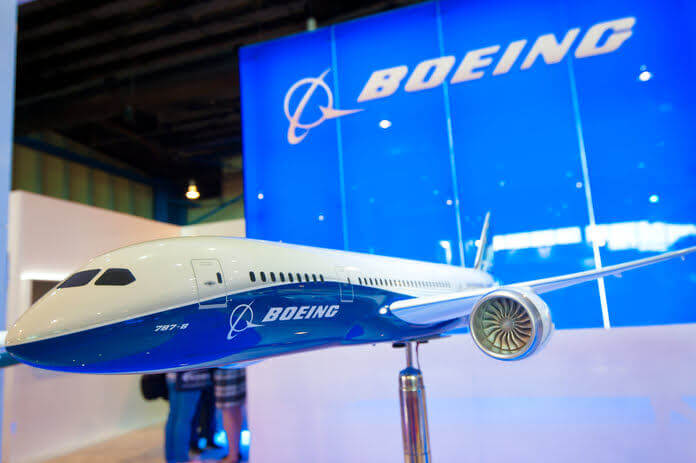Morgan Stanley’s Prediction
Morgan Stanley anticipates in a new research note that Boeing (NYSE:BA) would raise production of its troublesome 787 Dreamliner and 737 Max aircraft over the next few years, providing investors hope for the company’s stock.
Morgan, which rates BA as Overweight, predicts that production of the 737 Max narrowbody plane will increase by 13% to an average of 35 per month by the second part of 2023.
Since Airbus has achieved its manufacturing limit on narrowbody orders through 2028, the company said that the 737 Max has the potential to raise orders, particularly in China.
Morgan predicts that 400 737 Max aircraft will be delivered this year, with monthly production increasing from an average of 31 aircraft to 35 aircraft by the middle of 2019.
The 737 Max has some good news to add to its troubled past. After fatal crashes in 2018 and 2019, aviation authorities around the world grounded the model for almost two years.
However, Morgan argues that Boeing (NYSE:BA) can still achieve its aim of positive free cash flow this year because of the resumption of 787 Dreamliner deliveries on August 10.
After the 737 Max was grounded due to disasters, the firm ceased manufacturing the plane in the face of increased regulatory scrutiny of its manufacturing. The demand for new airplanes was also negatively impacted by the pandemic.
Due to its low fuel consumption, the 787 Dreamliner has proven to be a commercial success for airlines. According to Morgan Stanley, it contributes roughly $17 billion in annual revenue to Boeing. According to the bank’s projections, Boeing will boost 787 manufacturing from three per month through 2023 to six per month in 2025.
Boeing (NYSE:BA) received many orders for new aircraft at the Farnborough Airshow last month, and cancellations of those orders have been lower than anticipated, so the company is optimistic about the future.
Insufficient 737 Max Jet Engine Supply?
Morgan also presented a pessimistic case for Boeing (NYSE:BA), arguing that the company’s supply chain and manufacturing issues will reduce output despite robust demand from airlines.
The bank cautioned that geopolitical tensions between the United States and China and a jet-engine scarcity could hurt demand for the 737 Max. Morgan Stanley claims there is uncertainty regarding the company’s ability to modify the remaining 787s in its inventory.
Morgan Stanley’s research arrives at an inopportune time for Boeing, with second-quarter sales at $16.7 billion, down 1.8% year-over-year, and short of analysts’ $17.6 billion forecasts. Net income for BA was $160 million, or $0.32 per share, which was below expectations and down from $567 million ($1 per share) in the prior-year period.
The consensus prediction was for a loss of $0.13 per share; thus, the actual loss of $0.37 per share (after adjusting for pension charges) was better than expected.
Featured Image: Megapixl @Evolution1088
















